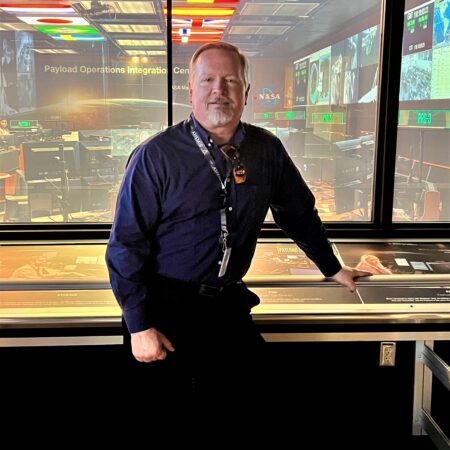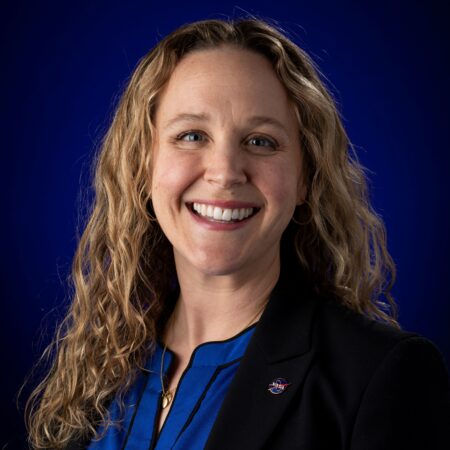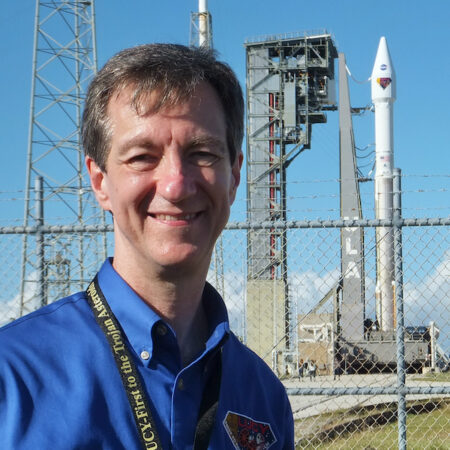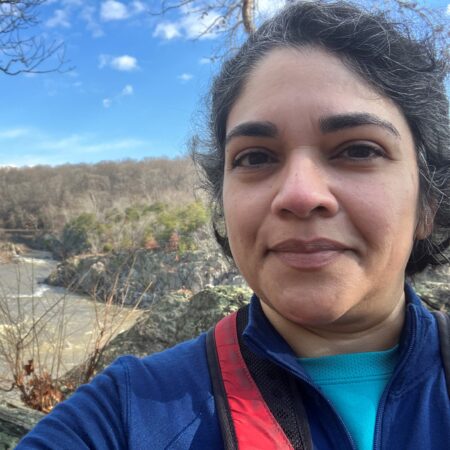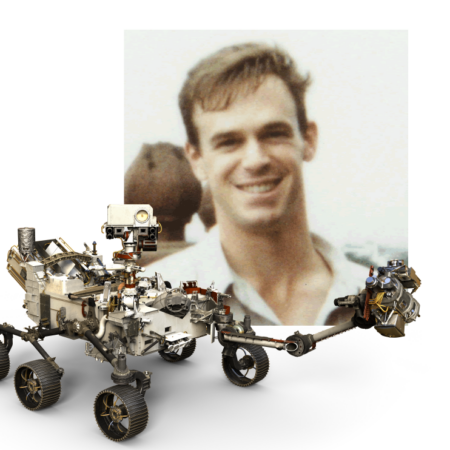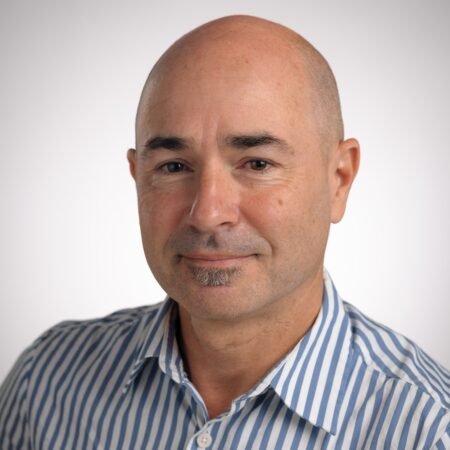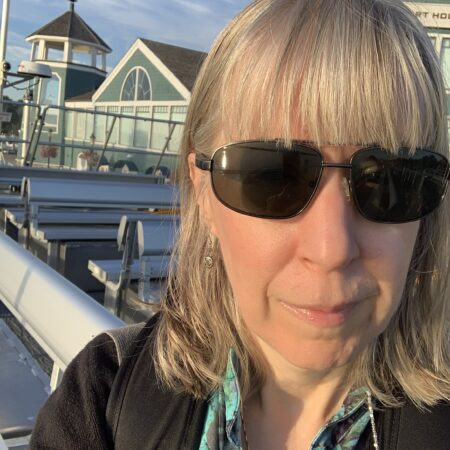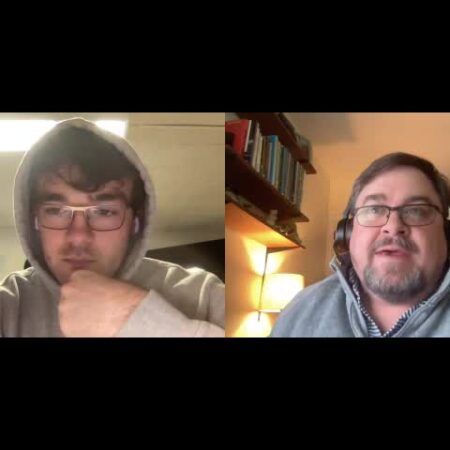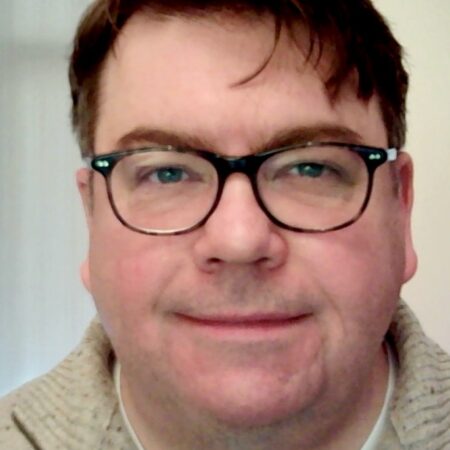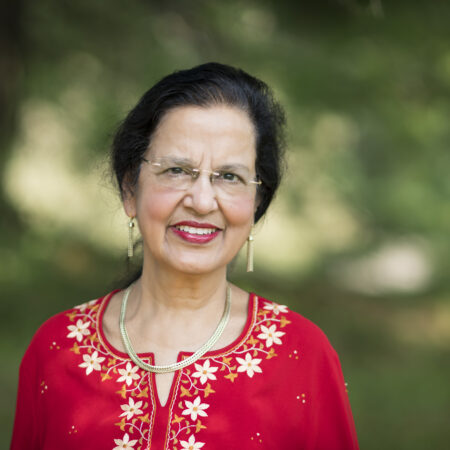Refine
Date Range Clear
Recorded by Clear
Keywords Clear
Partnerships Clear
Organizations Clear
Places Clear
- AGU 2018 Fall Meeting 168
- Washington DC 166
- AGU 2019 Fall Meeting 22
- San Francisco 20
- Bay Area 11
- 79 more
Languages Clear
Initiatives Clear
Steve Montzka has been at NOAA for 28 years, working on atmospheric science, atmosphere chemistry, and trace gases in the atmosphere. He started there as a post-doc, drawn by the work he saw NOAA scientists doing on the hole in...
Nina Fefferman is a professor at the University of Tennessee in Knoxville in the departments of Mathematics and Ecology & Evolutionary Biology, where she is also the director of the National Institute for Mathematical and Biological Synthesis. In her varied...
Julia DeMarines is a graduate student at the University of California at Berkeley in the Earth and Planetary Science department, an educator at the Mentoring Academy, a National Geographic Explorer, and a science communicator who runs a space comedy event...
Rebekah Hounsell is a connoisseur of explosions, and she spends her time helping scientists get the most out of TESS, NASA’s Transiting Exoplanet Survey Satellite mission. She also dabbles in helping to design surveys for the upcoming Nancy Grace Roman...
Dr. Chelle Gentemann is the Open Science Program scientist in NASA’s Office of the Chief Science Data Officer. In this role, she works to understand the impact, and development assessments, of NASA’s strategy for Open Science. She recently sat down...
Allison Leidner is a program manager for Energy and Infrastructure applications at NASA’s Earth Science Division where she helps inform and connect decision-makers with the science behind renewable energy and climate resilient infrastructure. A conservation biologist by training, Allison recently...
Giovanni Fazio is a senior physicist at the Center for Astrophysics Harvard-Smithsonian. In his decades-spanning career, he has been instrumental in several observational programs, from his work studying gamma rays using balloon-borne telescopes to his time as the Principal Investigator...
Gael Cascioli is a planetary scientist at NASA’s Goddard Space Flight Center where he focuses on planetary geodesy — the measuring of the gravity field and shape of a planet — and is working on the upcoming VERITAS mission which,...
Ashley Greeley is a research scientist in the Heliophysics Division at NASA’s Goddard Space Flight Center where she studies particles trapped in the magnetic field surrounding Earth. She sits down with us to talk about overcoming imposter syndrome, building innovative...
Priya Ghosh is an astrophysicist, nuclear engineer, and a postdoctoral researcher at NASA Goddard Space Flight Center. There she builds and develops radiation detectors to detect neutrons and gamma rays, and also studies and analyzes cosmic ray data to better...
As a young child in India, Nithin Silvadas picked up Carl Sagan’s Cosmos, and it may have changed his life. From that moment on, he was enraptured with the universe. An undergraduate in engineering (where he literally helped build satellites)...
Nathan Roth is a Research Associate in the Department of Physics at the Catholic University of America and spends most this time in the Astrochemistry Laboratory at the NASA Goddard Space Flight Center. Nathan studies the formation of the solar...
If you’re a scientist in an oceanography department, you’re probably studying the ocean, right? Well, part of your job might be studying things like phytoplankton, the tiny oceanic powerhouses that play a crucial role in our planet's ecosystem. But how...
Walt Petersen is chief of the Science Research and Projects Division at NASA Marshall Space Flight Center. Basically, he leads a group of folks who research and develop technology to explore and study the universe and also to observe and...
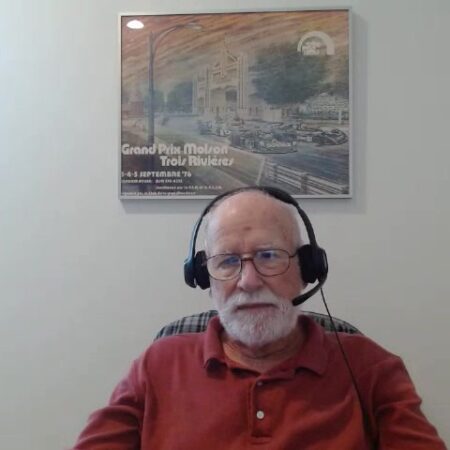
One Small Step conversation partners Jim Brown (75) and Paul Anderson (78) have a conversation about their backgrounds, losses in life, political views, education, the environment, and meeting up in the future for a beer. They find common ground despite...
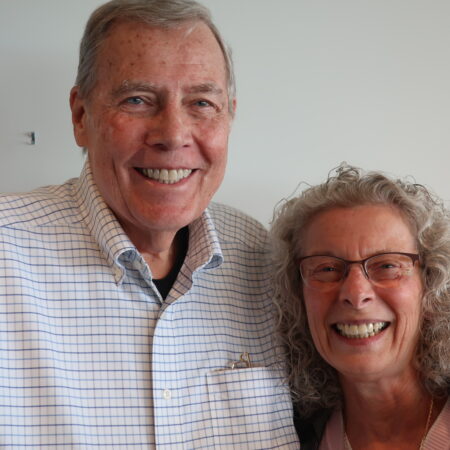
Friends Jim Gee [no age given] and Dianna Colman [no age given] interview each other about the history and their experiences at Yerkes Observatory in WiIliams Bay, Wisconsin.
As a program scientist for the astrobiology program, the Mars Sample Return program, and the DAVINCI mission, Lindsay Hays’s domain spans from NASA HQ to Venus to Mars and back again. Lindsay became one of the first to witness images...
As the program scientist in NASA’s Planetary Science Division and the Planetary Defense Coordination Office, Tom Statler works with mission teams as they send robots to asteroids and other entities in our Solar System. From a science-rich upbringing to his...
Anita Dey is the strategic partnerships manager of outreach and engagement for NASA’s Science Mission Directorate and co-chair of NASA headquarters' Asian American and Pacific Islander Employee Resource Group. Anita spends her days working with underserved communities and using the...
Adrian Brown is the deputy scientist on the Mars 2020 Rover mission at NASA Headquarters in Washington, D.C.. Adrian uses his background in geology to explore Mars via the Mars Rover, living out his childhood fascination with the planets. He...
Sylvain Costes is the Branch Chief, Open Science project manager, and principal investigator for NASA’s Ames Research Center. Sylvain oversees over 80 NASA scientists and technicians, but he’s primarily a biophysicist leading research on radiation and DNA to understand how...
Dr. Lin Chambers is the Deputy Director of Science Activation at NASA Headquarters, and she spends her time there sharing NASA’s science with learners in local communities across the country. Lin started at NASA after her freshman year of college...
Thomas Barton interviews Chris Barton about his experiences at NASA
Charles Webb is the Deputy Director of NASA’s Joint Agency Satellite Division, where he helps lead a team to develop and launch satellite missions for the National Oceanic and Atmospheric Administration. Charles has a gift for translating between scientists and...
Hashima Hasan is the program scientist for NASA’s James Webb, XP, and NuSTAR telescopes, helping to bring those missions from cradle to grave. Hashima followed the space race closely growing up in India, which inspired her to navigate into the...
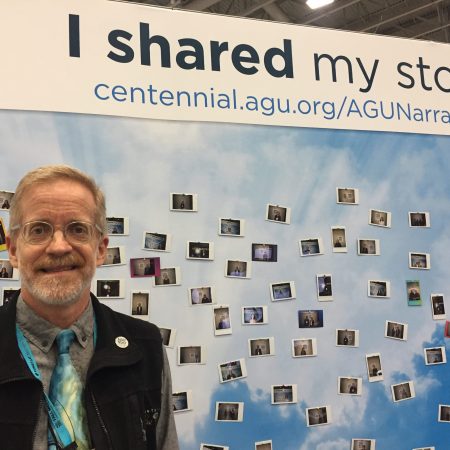
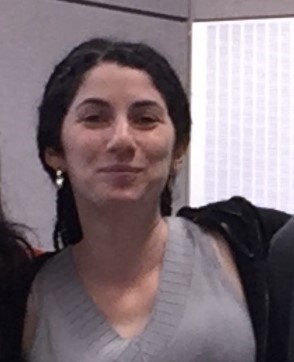
![“I'm proud my…perseverance of curiosity has gotten me to be [with] people who talk about life in the universe.” Interview w/ Julia DeMarines](https://archive.storycorps.org/uploads/2023/12/65835f3c1a41a__DeMarines_headshot-450x450.jpg)
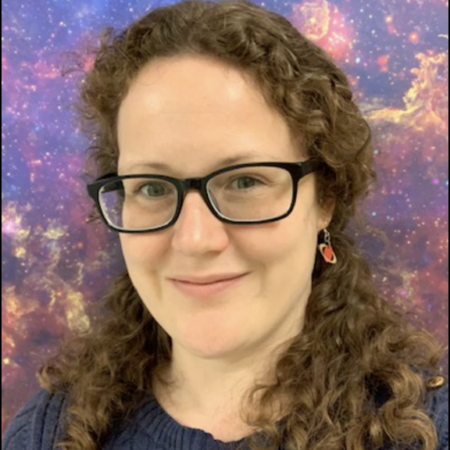
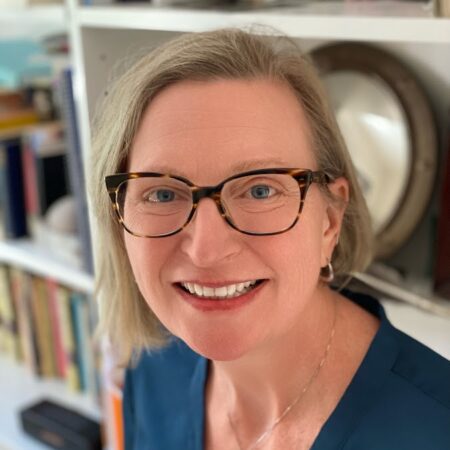
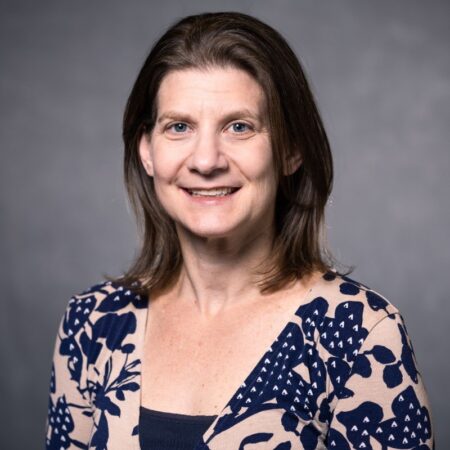
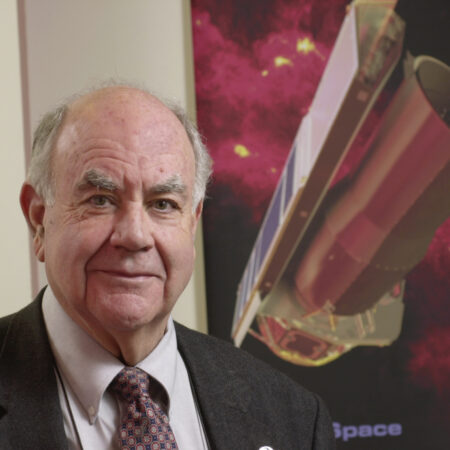

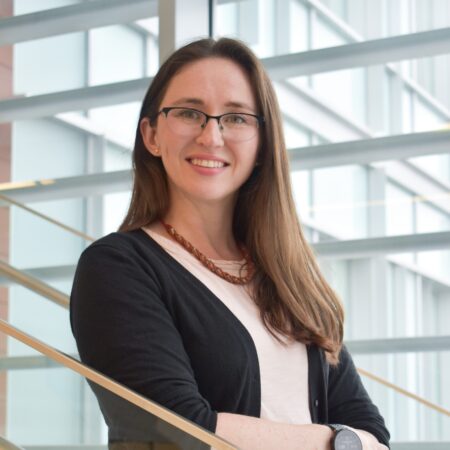
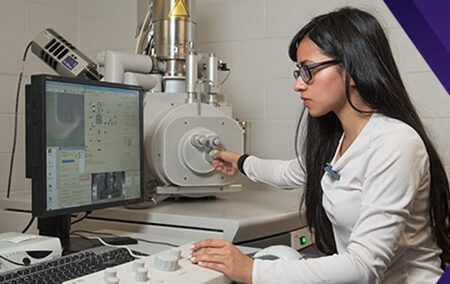
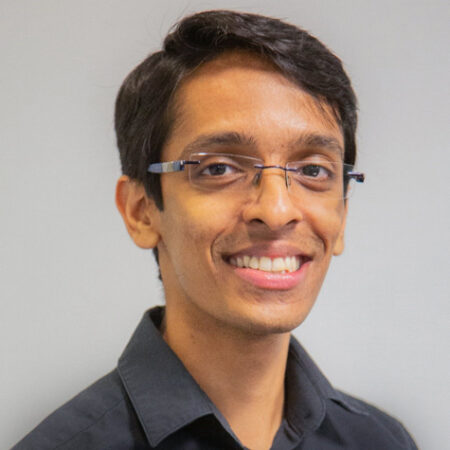
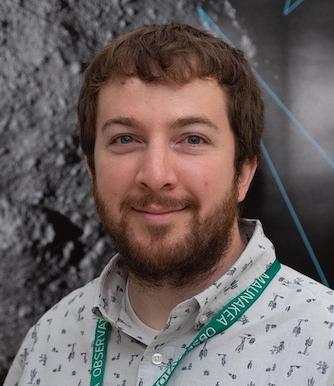
!["When people [get] a science education...they underestimate how important human relations are to that." An interview with Kirk Knobelspiesse](https://archive.storycorps.org/uploads/2023/10/6527f43a0f97c__pace_knobelspiesse-365x450.png)
